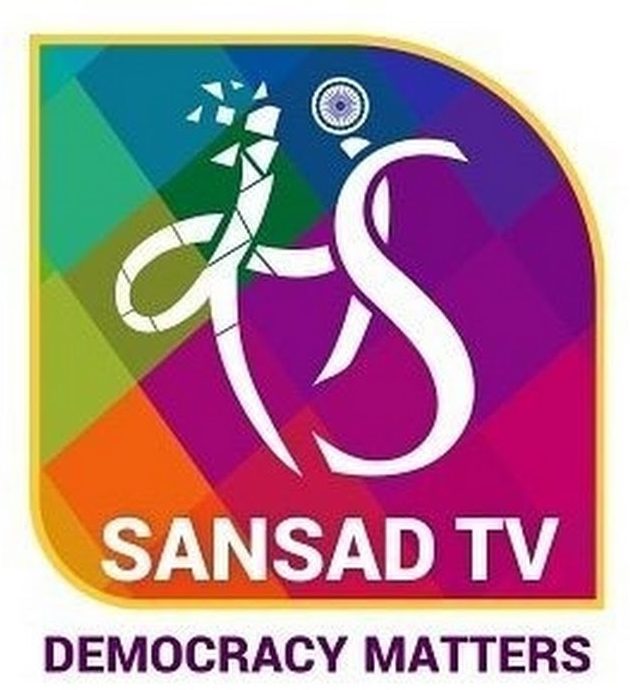[ad_1]

Introduction:
Exit poll is a post-voting poll, which is conducted just after a voter walks out after casting his or her vote. Such polls aim at predicting the actual result on the basis of the information collected from voters. It assesses the support for political parties and their candidates. They are conducted by a number of organisations. The basic step to predict exit polls is sampling.
Differences between Exit and Opinion polls:
- One key difference between exit polls and opinion polls is the timing. Exit polls are conducted after an election or referendum and survey how people actually did vote. Opinion polls are conducted before elections and survey how people intend to vote.
- Moreover, opinion polls can ask a much broader range of questions to gauge the mood of the electorate. Examples of opinion poll questions include:
- If the election were held today, who would you vote for?
- Do you think the country is moving in the right or wrong direction?
- Do you approve of the job the president is doing with regards to foreign policy?
- Another key difference is who does the polling and for what purpose the results are used. Exit polls are typically undertaken by news networks in order to analyse and predict the results of elections directly after voting closes. Opinion polls, on the other hand, are undertaken for analytical and predictive purposes by news networks. They are also regularly used by political parties as a strategic campaigning tool.
The reason why Election Commission of India (ECI) is against these polls:
- Both kinds of polls can be controversial if the agency conducting them is perceived to be biased.
- The projections of these surveys can be influenced by the choice, wording and timing of the questions, and by the nature of the sample drawn.
- Political parties often allege that many opinion and exit polls are motivated and sponsored by their rivals, and could have a distorting effect on the choices voters make in a protracted election, rather than simply reflecting public sentiment or views.
- Section 126A of the Representation of the People’s Act, 1951, puts a ban on exit polls from the period between the commencements of the poll until half an hour after the closing of the final phase of the poll.
- Exit polls have often proved unreliable in India. In the past, there had been instances when exit polls had predicted the verdict of an election incorrectly. In 2004, the exit polls wrongly predicted the BJP-led NDA coalition winning again.
Opposition to their regulation:
- Regulating these polls is seen as a curb on the fundamental freedom of speech and expression.
- Another criticism is that the voters have the right to know what other people’s views are on critical electoral issues so that they can form an informed opinion before casting their votes.
International practices:
- Sixteen European Union countries ban reporting of opinion polls, with ban timeframes ranging from a full month to just 24 hours before polling day.
- Italy, Slovakia and Luxembourg have a ban of more than 7 days.
- France – The French ban has been reduced to 24 hours ahead of voting day.
- UK – There are no restrictions on publishing results of opinion polls — however, results of exit polls can’t be published until the voting is over.
- US – Media coverage of opinion polls is regarded as an integral part of free speech in elections, and publication is allowed at any time.
- The only restriction that exists — not reporting likely outcomes from exit polls before voting is over on election day — is one that news organisations commissioning the polls voluntarily impose upon themselves.
[ad_2]

